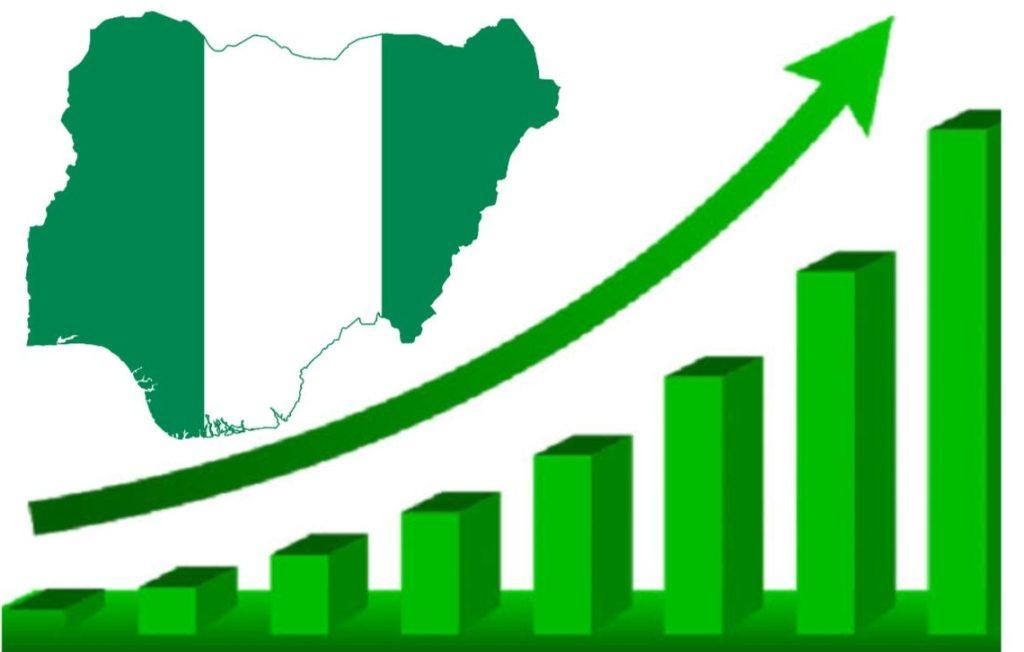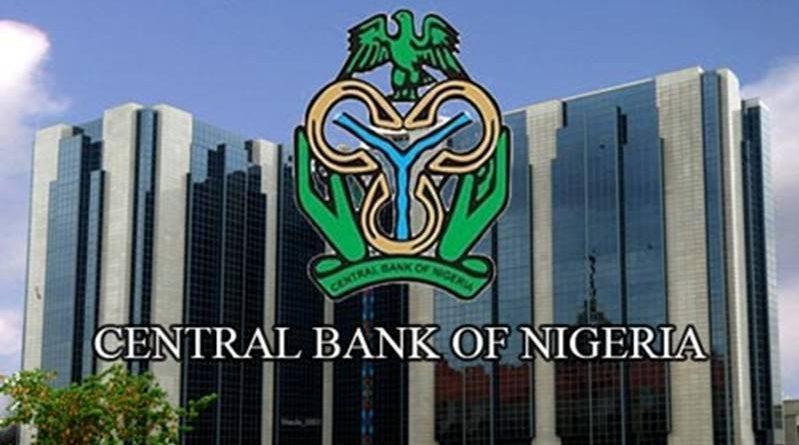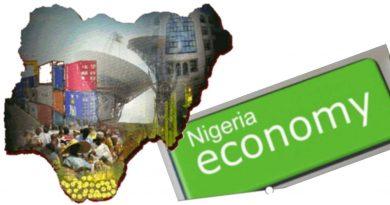Nigeria Confronts Its Worst Economic Crisis in a Generation?
The New York Times article “Nigeria Confronts Its Worst Economic Crisis in a Generation” released on June 11, 2024, paints a grim picture of Nigeria’s economic situation. Nevertheless, the article lacks impartiality and could potentially mislead its audience. It is crucial to provide a more well-rounded perspective that considers broader factors, such as global economic patterns and challenges faced by other countries. Furthermore, it is vital to highlight the proactive steps taken by the current administration to tackle these issues and the economic hurdles it has inherited. By presenting a comprehensive view, we can gain a deeper understanding of Nigeria’s complexities and the measures being implemented to achieve sustainable growth and stability.
The report overlooks the fact that inflation is a worldwide concern impacting multiple nations, not just Nigeria. By failing to acknowledge this, the report creates the impression that Nigeria’s inflation is an isolated issue, which is misleading. Moreover, when comparing economies, it is important to bear in mind that they are typically measured in dollars. Consequently, individual countries’ exchange rate policies can influence these comparisons. A country’s economic size may appear smaller if its currency is devalued. For example, a country that defends its currency might seem to be performing better economically than a country that allows its currency to float, even though the latter may be making more sustainable long-term economic choices.
Labor union strikes did not originate under the current administration; even the previous government faced numerous strikes from various unions, with the ASUU strike being notably prolonged. The current government deserves recognition for its proactive stance in addressing labor unions’ demands. Nonetheless, both the government and labor unions must find more efficient ways to resolve disputes to avoid the economic losses resulting from strikes.
Upon assuming office a year ago, President Tinubu’s administration inherited an economy in a dire state. With debt servicing already consuming over 90% of Nigeria’s revenue, most expenditures relied on borrowing, creating an unsustainable situation that called for significant economic reforms. The New York Times report fails to acknowledge that the current administration is addressing longstanding economic issues rather than creating new ones. It is also crucial to recognize that the government is actively tackling inherited infrastructure deficits and security challenges.

Fuel subsidy and Naira float in addressing the economic crisis
The Tinubu administration made bold decisions to eliminate fuel subsidies and float the naira in response to the untenable economic situation. These measures were necessary to alleviate the financial burden on the country and allocate funds for crucial investments in infrastructure and other sectors. While these reforms led to short-term economic shocks and hardship, they are vital for Nigeria’s long-term economic well-being. Many Nigerians are questioning the whereabouts of the money saved from these reforms. It is important to note that savings can be actual revenue saved or money that would have been borrowed but wasn’t. The removal of fuel subsidies and the floating of the naira have reduced the need for borrowing and enabled the government to redirect funds to more productive uses.
The New York Times report fails to emphasize the government’s efforts in alleviating the hardships caused by economic reforms. To address this, the Federal Government has initiated a ₦35,000 cash award for federal civil servants, with state governments also providing financial support to their employees. Moreover, a new national minimum wage is in the final stages of approval, with plans to submit a bill to the national assembly. In addition, the government has implemented conditional cash transfers and distributed various grains to assist vulnerable households. A student loan scheme has also been introduced to improve access to tertiary education. The Dangote refinery is set to start producing premium motor spirit by the end of July, which could potentially reduce the impact of fuel subsidy removal by lowering PMS prices.
Forex backlog cleared in fixing the economic crisis
The report also overlooks the government’s success in clearing the $7 billion forex backlog owed to foreign companies, a move that has increased investor confidence. Critics claim that foreign companies are leaving Nigeria due to poor economic decisions, making the country less appealing for investment. However, closures may occur due to various factors such as changes in business strategies or the inability to compete with alternative products or services. For instance, GlaxoSmithKline ceased operations in Kenya and Nigeria, choosing a third-party distribution model for its pharmaceutical products.
Despite the economic challenges Nigeria is currently experiencing, it is crucial to consider a comprehensive view that includes global factors, historical circumstances, and the ongoing efforts of the current government. President Tinubu’s administration has implemented difficult yet necessary measures to tackle deep-rooted economic issues. Although these reforms may result in temporary difficulties, they are indispensable for ensuring Nigeria’s future economic resilience and progress. It is imperative for the government to stay dedicated to these reforms and maintain open communication with the public. While longstanding problems cannot be resolved overnight, a steadfast and well-rounded strategy can lay the foundation for sustainable growth and advancement.




